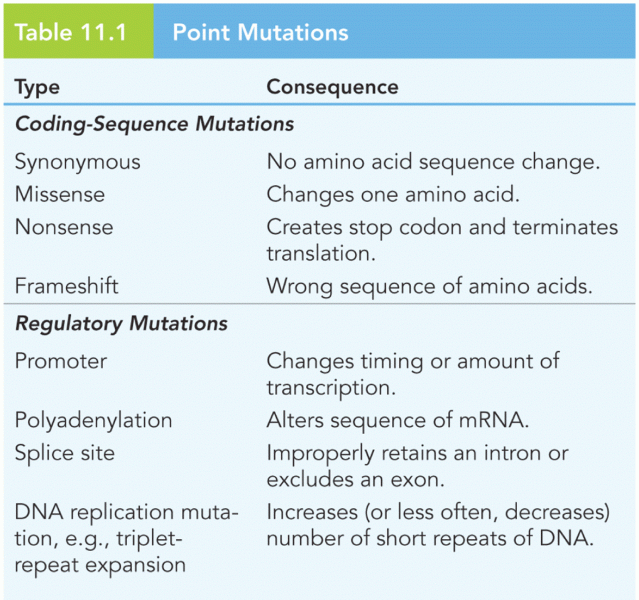This topic contains a solution. Click here to go to the answer
|
|
|
Did you know?
The first oral chemotherapy drug for colon cancer was approved by FDA in 2001.
Did you know?
The U.S. Pharmacopeia Medication Errors Reporting Program states that approximately 50% of all medication errors involve insulin.
Did you know?
Never take aspirin without food because it is likely to irritate your stomach. Never give aspirin to children under age 12. Overdoses of aspirin have the potential to cause deafness.
Did you know?
After a vasectomy, it takes about 12 ejaculations to clear out sperm that were already beyond the blocked area.
Did you know?
Most childhood vaccines are 90–99% effective in preventing disease. Side effects are rarely serious.
 Transdermal patch administration: (b) patch immediately applied to clean, dry, hairless skin and lab
Transdermal patch administration: (b) patch immediately applied to clean, dry, hairless skin and lab
 In this 1900 cartoon, oil baron John D. Rockefeller holds the White House in the palm of his hand wh
In this 1900 cartoon, oil baron John D. Rockefeller holds the White House in the palm of his hand wh
 A 6-point socket fits the head of a bolt or nut on all sides. A 12-point socket can round off the ...
A 6-point socket fits the head of a bolt or nut on all sides. A 12-point socket can round off the ...




